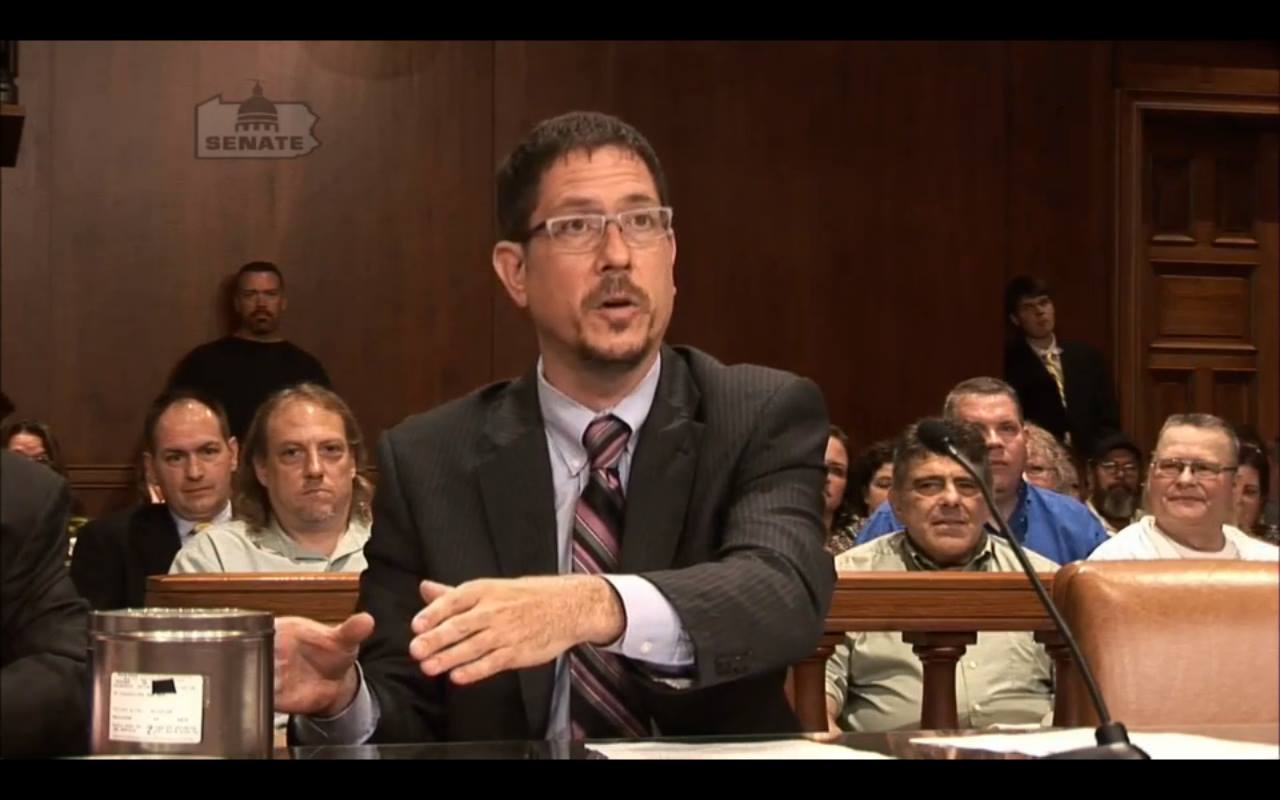Experienced Federal Crime Attorney: Specialist Defense in Federal Crime Situations
Experienced Federal Crime Attorney: Specialist Defense in Federal Crime Situations
Blog Article
Demystifying the Process of Federal Appeals: What You Required to Know
Navigating the complex realm of government appeals can frequently seem like going across undiscovered waters for those unknown with the process. Comprehending the nuances of appellate court jurisdiction, the ins and outs of filing a notice of charm, presenting an engaging brief, and making a convincing dental argument are important elements that can significantly impact the end result of a situation. By deciphering the layers of intricacy surrounding government allures, individuals can get a clearer understanding into the mechanisms that control this critical stage of the lawful system.
Recognizing Federal Appeals Refine
Looking into the elaborate realm of the federal charms procedure introduces a systematic and structured journey via the judicial system - utah federal crime appeals lawyers. Federal allures serve as a crucial mechanism for assessing choices made by lower courts. Understanding this procedure is important for anyone entailed in lawful proceedings at the government degree
The process normally begins with a celebration dissatisfied with a lower court's ruling submitting a notification of charm. This triggers a review by a greater court, where a panel of courts evaluates the legal arguments provided by both events. Briefs outlining the legal thinking behind each party's position are submitted, and dental arguments might be heard to make clear intricate concerns.
The appellate court's decision is based on an extensive exam of the lower court's process and the debates provided. When the appellate court reaches a choice, it can affirm, turn around, remand, or modify the lower court's judgment, offering clearness and finality to the lawful conflict.
Appellate Court Territory Clarified

Appellate courts have jurisdiction over specific types of cases, commonly those including lawful errors, procedural issues, or questions of regulation instead of valid conflicts. The territory of appellate courts is typically outlined in laws and legislations that regulate the court system. Understanding appellate court territory is essential for events included in the charms procedure as it figures out whether a case is qualified for evaluation and the extent to which the appellate court can interfere in the lower court's choice.
Filing a Notification of Allure
The preliminary step in beginning the government appeals procedure includes submitting a Notice of Charm with the suitable appellate court. wyoming federal appeal lawyers. This crucial paper formally alerts the court and the various other celebrations associated with the situation that the appealing celebration plans to look for an evaluation of the lower court's decision. Filing a Notification of Charm is a rigorous procedural need that establishes the appellate procedure moving
When preparing the Notice of Charm, it is necessary to make sure conformity with the particular guidelines and guidelines of the pertinent appellate court. The document must typically include details such as the instance name, the lower court's name, the day of the judgment being appealed, and a concise declaration suggesting the grounds for the charm.
When filing a Notice of Allure,Timeliness is of the essence. Missing the due date for sending this record can result in the appeal being disregarded, emphasizing the relevance of exact and punctual initiation of the appeals procedure. It is suggested to look for lawful guidance to navigate the complexities of filing a Notification of Appeal properly.
Instruction and Dental Debate
In the appellate process, offering written briefs and engaging in dental disagreements play essential roles in advocating for the appealing party's setting before the appellate court. Briefs are detailed legal papers that outline the events' arguments, legal authorities, and analysis supporting their settings. These composed submissions provide the court with a thorough understanding of the realities of the instance, the relevant law, and why the appealing party believes the reduced court's decision must be reversed.
Complying with the submission and review of the briefs, oral disagreements offer the celebrations a chance to additional clarify their positions, attend to any kind of inquiries the appellate courts may have, and emphasize crucial points from their composed briefs. Oral debates are a chance for the attorneys to convince the courts through spoken advocacy and feedbacks to questions from the bench.

Receiving the Appellate Court Decision

Conclusion
Understanding the appellate court territory, filing a notice of appeal, preparing briefs, and offering oral arguments are all vital elements of this procedure. Inevitably, click here to read getting the appellate court choice can offer clearness and resolution to legal disagreements.
As we progress from recognizing the federal allures procedure to studying the complexities of appellate court jurisdiction, a basic aspect comes to light concerning the authority and limits of these greater courts in the legal landscape. Appellate court territory refers to the extent of instances that a specific appellate court has the power to make a decision and evaluate upon. Unlike test courts that listen to situations for the initial time, appellate courts are restricted to examining choices made by reduced courts. Comprehending appellate court territory is essential for celebrations involved in the appeals procedure as it establishes whether a situation is qualified for testimonial and the degree to which the appellate court can interfere in the lower court's decision.
Whether the appellate court attests, reverses, or remands the lower court's decision, recognizing the effects of the judgment is vital for all celebrations involved in the appellate process.
Report this page